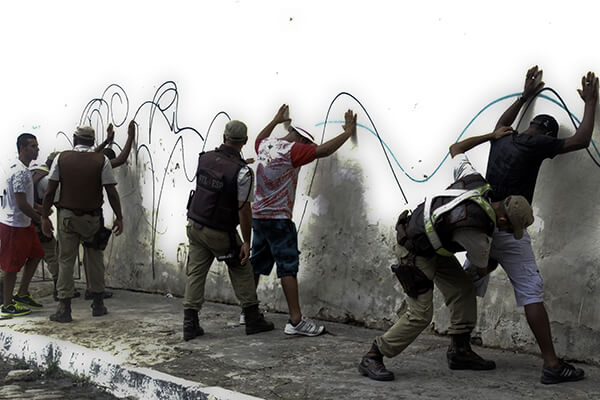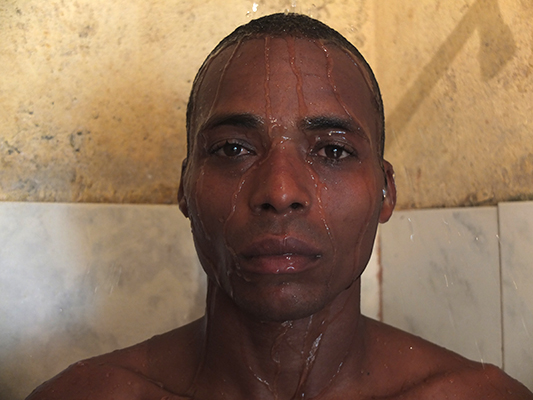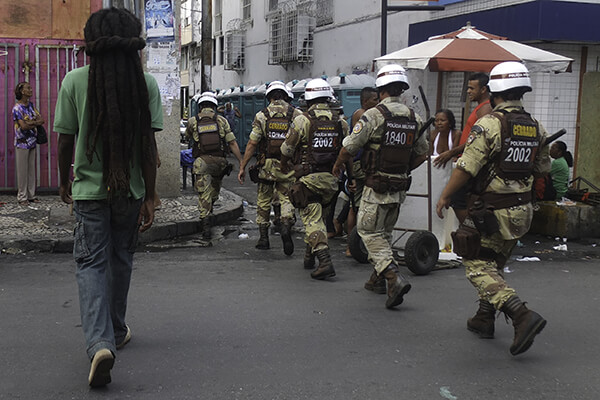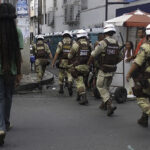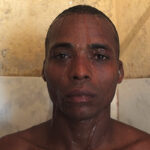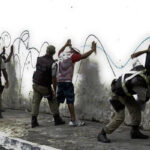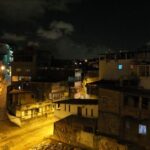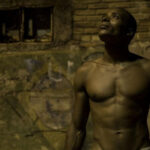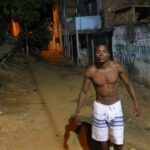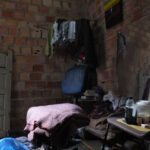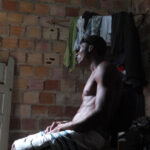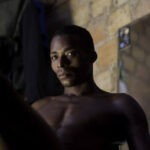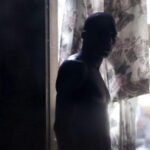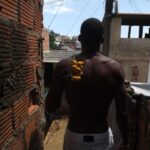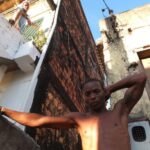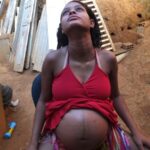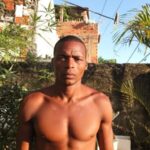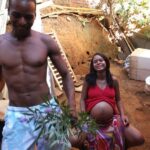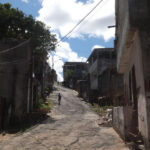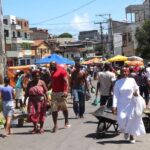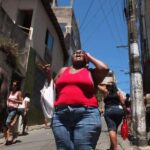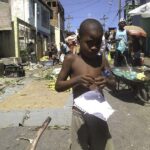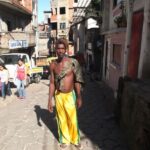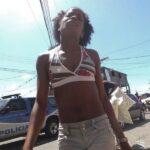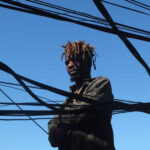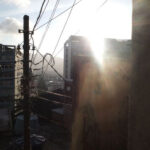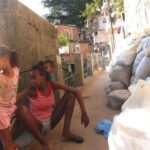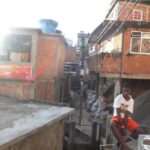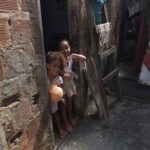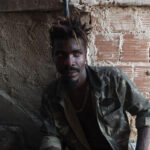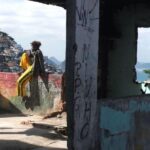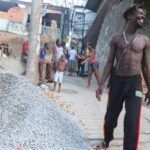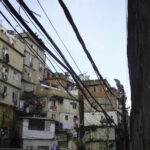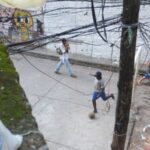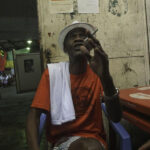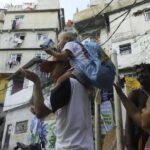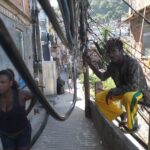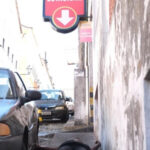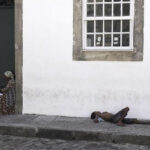Requiem for Favelas
Come and See
Divided Brazil (2012) is composed of three visual essays (Meditation on the Favela, Embodied Self and Between Anthropology and Malandragem) in which I wanted to think about the inheritance of violence and the shock of history. I wanted that my images suggest a refusal of absorbing a shock that it can’t be absorded, the structure of injustice that constitue our world.
Photographing has been a complex experience. Starting with my desire to immerge myself into this reality, it involved a gradual process of emotional and critical engagement with the Other, deepening my disquiet of what means to be close to the other, to their world, to see the life of others on their own terms. I asked myself how I could photograph violence and injustice without aestheticizing, how I could make a photograph that tells more than the present and wondering about the role of unsysthematic history.
Divided Brazil oscillates between a documentary impulse and a more intimate investigation of the stereotyped characters of the favelado and the malandro.
My exploration has been inspired by the writer and activist Abdias do Nascimento, founder of Black Experimental Theatre in Rio de Janeiro, by the personal journal of Maria Carolina de Jesus “Quarto do Despejo” and by the sociologist Paulo Freire, author of “Pedagogia do Oprimido.
Meditation on the Favela Exploration of the street life of the favelas, urban slums controlled by traficantes where Afro Brasilians live in a context of segregation and ineqaulity, despite the good reputation of multi-racial democracy propagated outside the country. Afro-Brasilians don’t have political representation and even if the Bolsa Familia (a financial program supporting poor families) has reduced economic disparity, educational disparity remains unchanged. The education system is a key instrument of social control and cultural discrimination. The history of the African diaspora created by slave trade, untold in schools, is still a memory judged too dangerous to social stability to activate and create
Embodied Self Intimate portrait of the life of the favelado in the favela of Nordeste in Salvador the Bahia. Every day his live is kept in suspension, his death is deferred as the life of the majority of the young men involved in drugs and trafficking.
Between Anthropology & Malandragem Ethnographic exploration of the mystified and ambivalent figure of the malandro in its countless connotations, the free spirited person who cleverly subverts life’s difficulties and challenges the establishment with creativity.
The malandro and the malandragem is a lifestyle, a way of being in the world, a distillate of pure attitude.
In Ipanema beach in Rio de Janiero’s, Robson da Lua, a malandro in person, introduces himself and deconstructs the meaning of this word and his world.
The anthropological insight emerges from the flow of his moves, his strong individuality, raw material of knowledge neglected by academics.
His body language as self assurance is what appeals. His spirit of decision on the spot, dedicated to improbability, with the strength to fully desire the entire possible.
